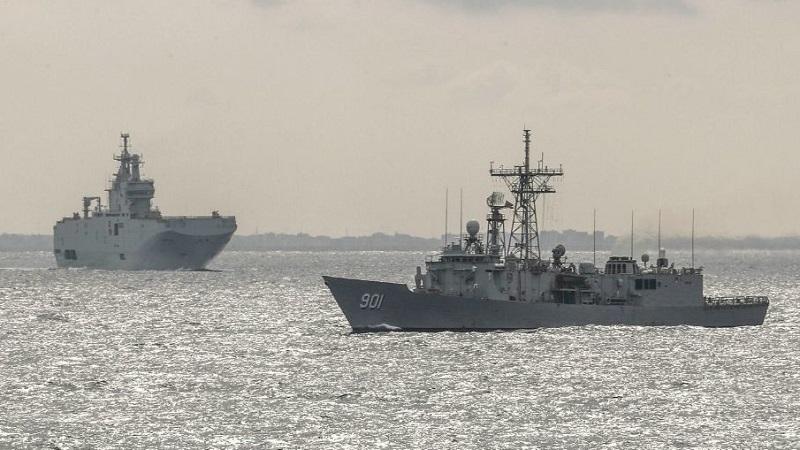First Sea Lord claims that technology can help detect mines and other threats
Credit: Crown Copyright/Open Government Licence v3.0
The head of the Royal Navy has flagged up the potential of artificial intelligence technology to detect threats and help keep sailors safe.
First Sea Lord Admiral Sir Ben Key acknowledged that number of serving personnel has shrunk in recent decades, but said that – with the help of the new technology – the Navy is now “way more capable” than it was 40 years ago, at the time of Falklands conflict.
Key told PublicTechnology sister publication The House magazine that the use of AI could be deployed to perform tasks that could otherwise put people in harm’s way.
Related content
- Royal Navy seeks digital and IT chief to lead transformation
- Navy seeks £3m-a-year support partner for Top Secret IT operations
- MoD awards £15m deals for support with Navy transformation scheme
“Autonomous mine hunting systems have proven to us that: why would you put people in a minefield when you don’t need to?,” he said.
The Navy chief added that automated tools could play a key role in analysing data to detect the likes of smugglers or illegal fishers.
“Most people are pretty predictable in what they do and how they go about it , so what is it within that that then looks like odd patterns?,” he said. “And if you start to build up at a large scale of data, then AI is tremendously good at spotting inconsistencies in the patterns or spotting other patterns that we haven’t necessarily identified.”
Alongside the potential to support the Navy’s work, Key said that “it is inevitable” that AI could replace existing jobs performed by personnel, but added that the technology “still requires human beings, and those sailors are still therefore in the mix – they are just doing something different”.
The Navy last year signed a contract with big data specialist firm Tonic Analytics for the supply of automation software intended to help spot potential engineering issues with helicopters.



